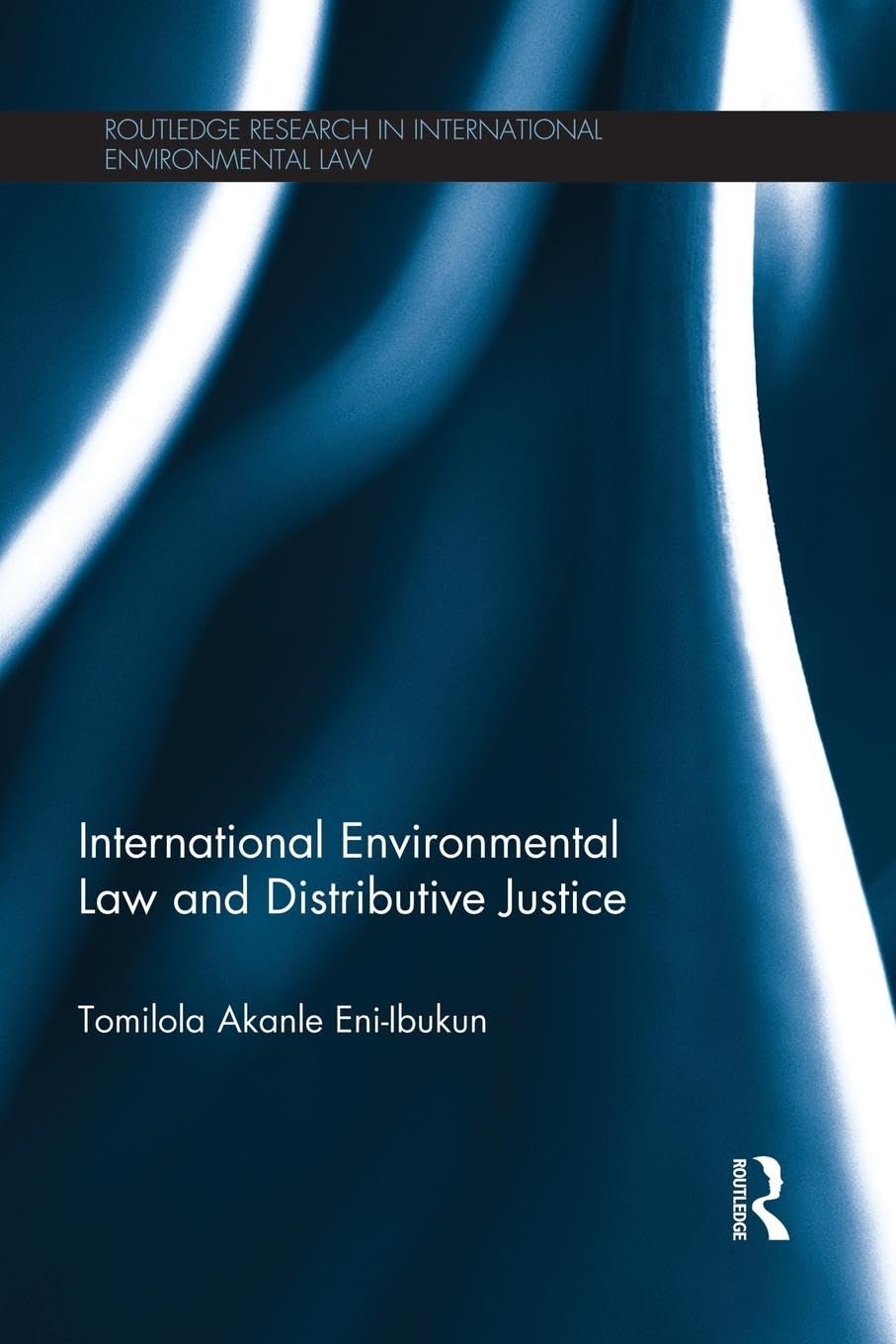International Environmental Law and Distributive Justice: The Equitable Distribution of CDM Projects under the Kyoto Protocol (Routledge Research in International Environmental Law)
International Environmental Law and Distributive Justice: The Equitable Distribution of CDM Projects under the Kyoto Protocol (Routledge Research in International Environmental Law) is backordered and will ship as soon as it is back in stock.
Couldn't load pickup availability
Genuine Products Guarantee
Genuine Products Guarantee
We guarantee 100% genuine products, and if proven otherwise, we will compensate you with 10 times the product's cost.
Delivery and Shipping
Delivery and Shipping
Products are generally ready for dispatch within 1 day and typically reach you in 3 to 5 days.
• Language: English
• ISBN-13: 9781138937499
• Writer: Eni-Ibukun, Tomilola Akanle
• Book Edition: 1
• Publisher: Taylor & Francis Ltd
• Pages: 152
• Binding: Paperback
• Subject/Category: Environmental Law, Climate Change, International Relations
Description
Distributive Justice under the Clean Development Mechanism (CDM) explores one of the Kyoto Protocol’s key mechanisms, the Clean Development Mechanism (CDM), focusing on its role in mitigating climate change and promoting sustainable development in developing countries. With over 6,000 registered projects generating nearly US$200 billion of investment and contributing to an estimated 6.8 billion tonnes of GHG emission reductions, the CDM has proven to be one of the most successful aspects of international climate policy.
However, a significant issue within the CDM framework is the inequitable geographic distribution of projects among developing nations. This book addresses the challenge of ensuring fair and equitable distribution under the CDM regime, a topic that has been raised consistently since 2001.
Tomilola Akanle Eni-Ibukun investigates international law to define what constitutes equitable distribution in the CDM context and explores the legal characteristics of distributive justice. The book breaks new ground by offering a comprehensive framework for understanding equity in the CDM and providing solutions to overcome the obstacles to a more balanced distribution of projects.
This book will be of particular interest to academics, policymakers, and practitioners in the fields of climate change, environmental law, and international relations, as well as those involved in the implementation of CDM projects.





